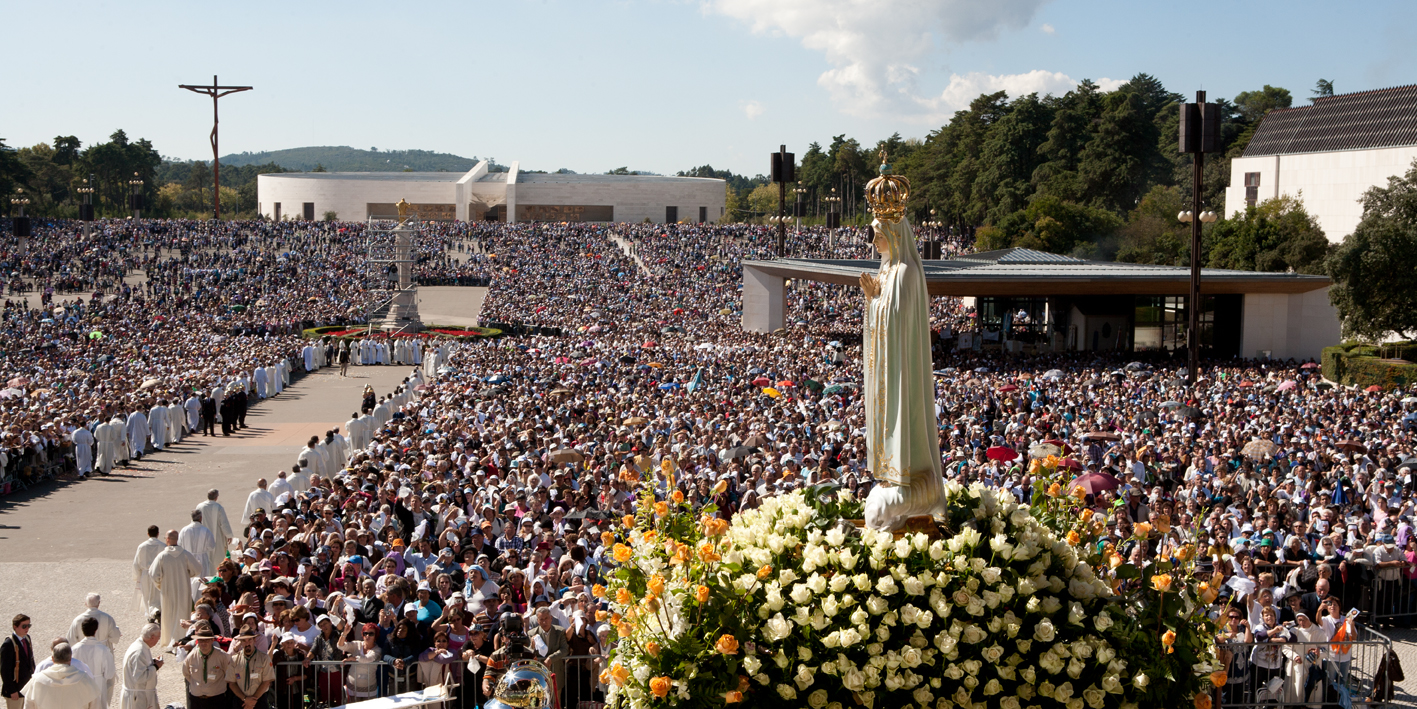Martin Mosebach: The Liturgy as a Window to Another World
Our friends at the Society of St. Hugh of Cluny recently sponsored a Solemn Mass at the Church of the Holy Innocents in New York City which was followed by a talk on the liturgy by the celebrated German novelist and advocate for the Traditional Mass, Martin Mosebach. This is a translation of a talk that Mosebach was asked to give by the Bishop of Limburg/Lahn on Ash Wednesday 2013.
I know it will give great delight to our readers, not only because of its trenchant analysis of the liturgical situation in which we find ourselves, but also because of the beauty of his style, which, mirabile dictu, comes across in the excellent translation.
The Liturgy as a Window to another World (1)
Martin Mosebach(Address Given at Holy Innocents Parish, New York, May 12, 2015)When it became apparent in the early 1950s that television sets would soon be in many households, German bishops deliberated about whether it would be wise to allow or even promote television broadcasts of the Holy Mass. Indeed, people thought about such questions sixty years ago and they asked the great philosopher Josef Pieper for an expert opinion. In his opinion, Pieper rejected such television broadcasts on principle, saying they were irreconcilable with the nature of the Holy Mass. In its origins, the Holy Mass is a discipline of the arcane, a sacred celebration of mysteries by the christened. He mentioned the lowest level in the order of priests – done away with following the Second Vatican Council – the ostiary, or doorkeeper, who once had to ensure that the non-baptized and those temporarily excluded leave the church and move to the narthex following the liturgy of the Word. The Orthodox still do so in some places; the call of the deacon, “Guard the doors” is heard in every Orthodox liturgy before the Eucharist. While in Georgia I once experienced this demand, often merely a ceremony of a recollected past, being taken literally. A monk approached me, fell to his knees and apologetically asked me to leave the church since I, as a Roman Catholic, was not in full agreement with the Orthodox Church. I gladly acquiesced as I think not everyone has to be permitted everywhere all the time. Sacred places and holy acts are first declared quite plainly by the drawing of boundaries and such boundaries must somehow be visible and palpable. Still, anyone who has not given any thought to the dubiousness of filming the Mass has perhaps on occasion felt uncomfortably moved when they saw believers receiving communion on television or as the camera rested on the face of a celebrant chewing the host. Are such feelings truly only atavistic, produced by ancient magical fears? Other cultures are also acquainted with an aversion to photography. It is as if it would disturb a spiritual sphere.

 inundado por um mistério de luz que é Deus e N´Ele vi e ouvi -A ponta da lança como chama que se desprende, toca o eixo da terra, – Ela estremece: montanhas, cidades, vilas e aldeias com os seus moradores são sepultados. - O mar, os rios e as nuvens saem dos seus limites, transbordam, inundam e arrastam consigo num redemoinho, moradias e gente em número que não se pode contar , é a purificação do mundo pelo pecado em que se mergulha. - O ódio, a ambição provocam a guerra destruidora! - Depois senti no palpitar acelerado do coração e no meu espírito o eco duma voz suave que dizia: – No tempo, uma só Fé, um só Batismo, uma só Igreja, Santa, Católica, Apostólica: - Na eternidade, o Céu!
inundado por um mistério de luz que é Deus e N´Ele vi e ouvi -A ponta da lança como chama que se desprende, toca o eixo da terra, – Ela estremece: montanhas, cidades, vilas e aldeias com os seus moradores são sepultados. - O mar, os rios e as nuvens saem dos seus limites, transbordam, inundam e arrastam consigo num redemoinho, moradias e gente em número que não se pode contar , é a purificação do mundo pelo pecado em que se mergulha. - O ódio, a ambição provocam a guerra destruidora! - Depois senti no palpitar acelerado do coração e no meu espírito o eco duma voz suave que dizia: – No tempo, uma só Fé, um só Batismo, uma só Igreja, Santa, Católica, Apostólica: - Na eternidade, o Céu! 